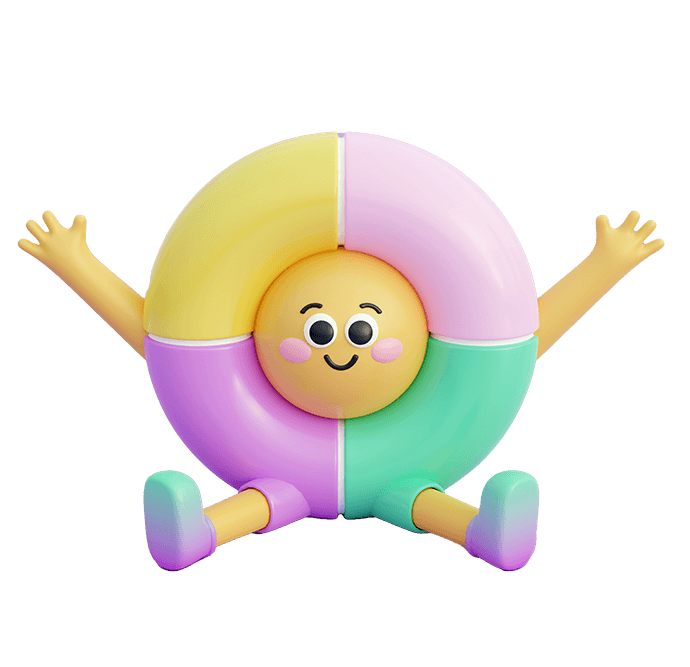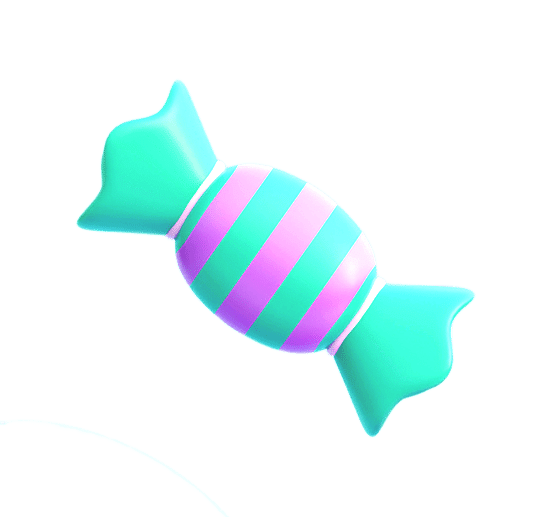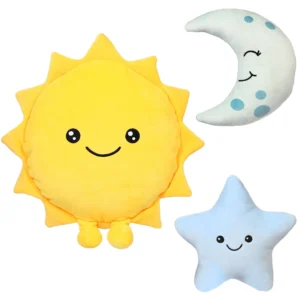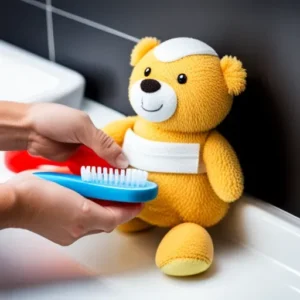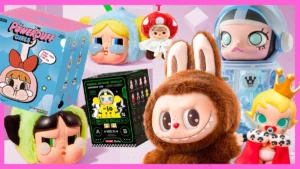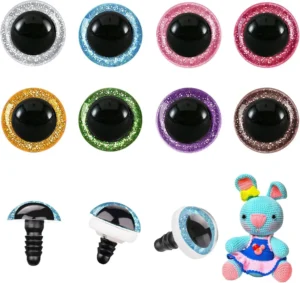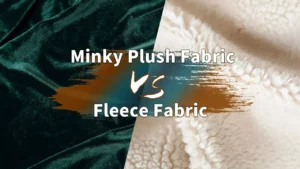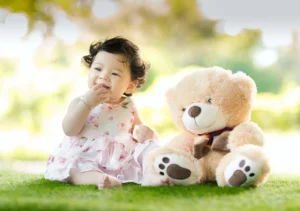When it comes to making plush dolls, choosing the right fabric is key. The fabric affects how soft the doll feels, how long it lasts, and whether it’s safe for children to play with. Using the best soft fabrics means creating dolls that kids love and parents trust.
Soft fabrics for plush dolls must combine gentle touch, durability, and safety. Popular fabrics like velboa, minky, and fleece offer the perfect balance of softness and strength, ensuring the dolls are cuddly, long-lasting, and meet strict toy safety standards. Knowing the right fabric helps manufacturers produce plush dolls that stand out in the market.
Now, let’s take a closer look at the top 10 soft fabrics used in plush doll making and what makes each special.
1.What are the most common soft fabrics used in plush doll manufacturing?

The plush doll market mainly uses a set of trusted fabrics known for their softness and reliability. The top 10 include velboa, minky, fleece, sherpa, microfiber, cotton blends, chenille, velour, faux fur, and short-pile plush.
Each fabric offers a unique feel and appearance. For example, velboa is smooth and dense, minky is ultra-soft, and sherpa provides a fluffy, cozy texture. Depending on the doll’s design and target audience, manufacturers choose these fabrics to deliver the best tactile and visual experience.
| Fabric Name | Description | Common Uses |
|---|---|---|
| Velboa | Short pile, smooth and dense | Classic plush dolls |
| Minky | Ultra-soft, medium pile | Premium baby toys |
| Fleece | Soft, lightweight | Toy bodies, blankets |
| Sherpa | Fluffy, wool-like texture | Cozy accents or stuffed toys |
| Microfiber | Fine, very soft fibers | High-end plush toys |
| Cotton Blends | Natural, gentle softness | Eco-friendly dolls |
| Chenille | Velvety, tufted texture | Decorative plush parts |
| Velour | Plush, smooth, and shiny | Luxury plush dolls |
| Faux Fur | Long, fluffy pile | Realistic animal dolls |
| Short-pile Plush | Dense and soft pile | Everyday plush dolls |
Each fabric brings a different feel and look, allowing for creative choices in doll making.
2.How do different plush fabrics compare in softness and durability?
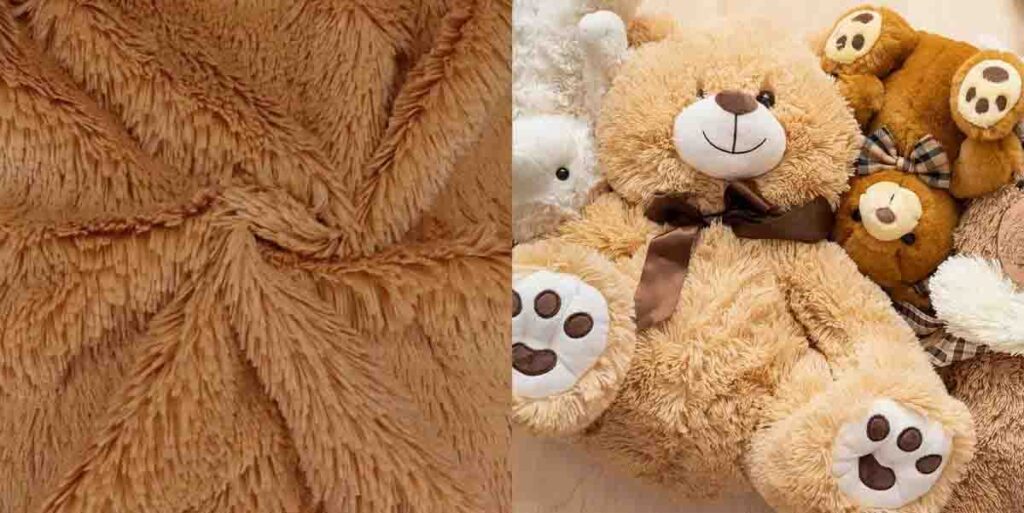
Softness and durability often balance each other. Fabrics like minky offer exceptional softness but may wear down faster, while velboa is less soft but more durable and better at resisting rough play.
Choosing the right fabric depends on the plush doll’s intended use. Soft, delicate fabrics suit baby toys and display dolls, whereas durable fabrics work better for toys meant for active children who play hard.
| Fabric | Softness (1-10) | Durability (1-10) | Ideal Use |
|---|---|---|---|
| Velboa | 7 | 9 | Everyday play plush dolls |
| Minky | 10 | 6 | Baby toys and luxury plush |
| Fleece | 8 | 7 | Lightweight soft toys |
| Sherpa | 7 | 7 | Textured, cozy accents |
| Microfiber | 9 | 8 | High-end plush products |
This helps manufacturers pick the best fabric for each toy’s needs.
3.Which fabrics meet safety and compliance standards for children’s toys?
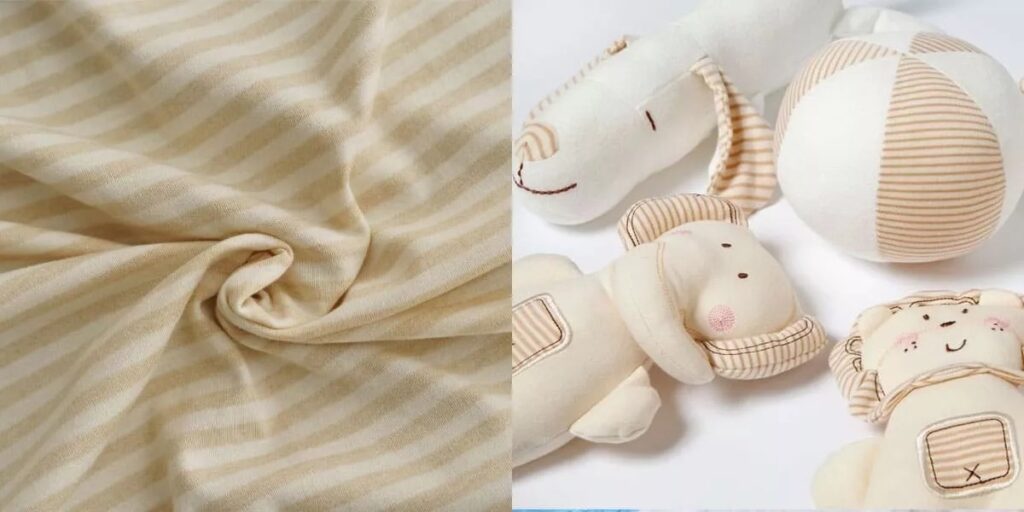
Safety is non-negotiable. Plush doll fabrics must meet strict standards like ASTM F963, CPSIA, and CE, which regulate chemical content, flammability, and physical safety.
Safe fabrics are free of toxic substances, resistant to fire, and constructed to prevent fiber shedding that could cause choking. Hypoallergenic materials are also preferred to avoid skin irritation in young children.
- Chemical Safety: Fabrics are tested to be free from lead, phthalates, and harmful dyes.
- Flammability: Must pass fire resistance tests to prevent hazards.
- Shedding Control: Tight weave and finishes prevent loose fibers.
- Hypoallergenic: Reduces risk of allergic reactions or skin irritation.
| Safety Aspect | Testing Method | Impact on Fabric |
|---|---|---|
| Chemical safety | Lab testing for toxins | Ensures non-toxic materials |
| Flammability | Fire resistance tests | Protects against fire hazards |
| Fiber shedding | Mechanical wear tests | Limits choking hazards |
| Hypoallergenic | Skin irritation tests | Safer for sensitive users |
Meeting these standards is essential for market approval and consumer trust.
4.How does fabric selection influence customization options for plush dolls?
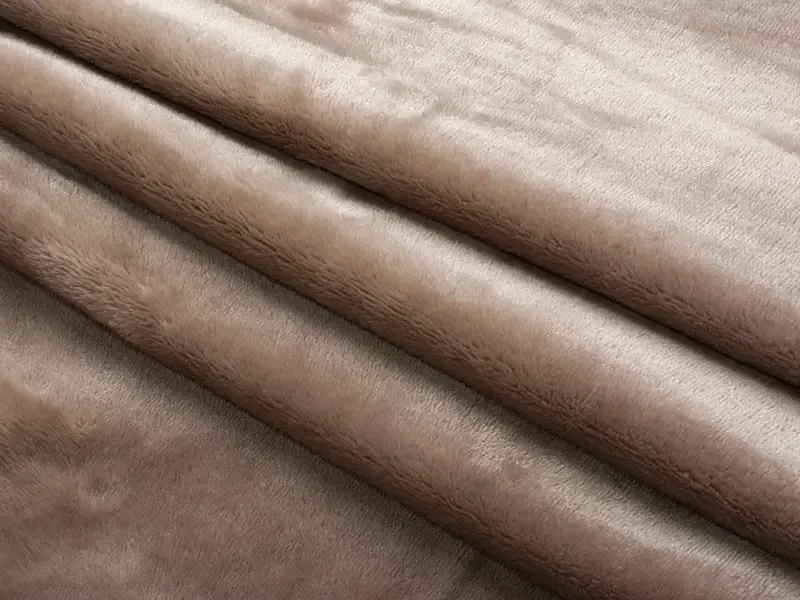
Fabric type affects printing, embroidery, and adding special features like scent or sound inserts. Some fabrics take colors and prints better, while others support detailed stitching or extra components.
Choosing the right fabric broadens customization choices, allowing brands to create unique toys that stand out and connect with their audience.
- Print and Dye: Microfiber and cotton blends absorb dyes vividly, great for patterns and logos.
- Embroidery: Velboa and velour’s smooth surfaces hold detailed stitching well.
- Special Features: Dense weaves safely contain scents, sounds, or weighted inserts.
| Fabric | Printability | Embroidery Quality | Feature Compatibility |
|---|---|---|---|
| Microfiber | Excellent | Moderate | Good |
| Velboa | Good | Excellent | Moderate |
| Cotton Blends | Excellent | Good | Limited |
| Velour | Moderate | Excellent | Moderate |
Customization flexibility helps brands meet diverse client needs.
5.What are the cost implications of using premium soft fabrics?
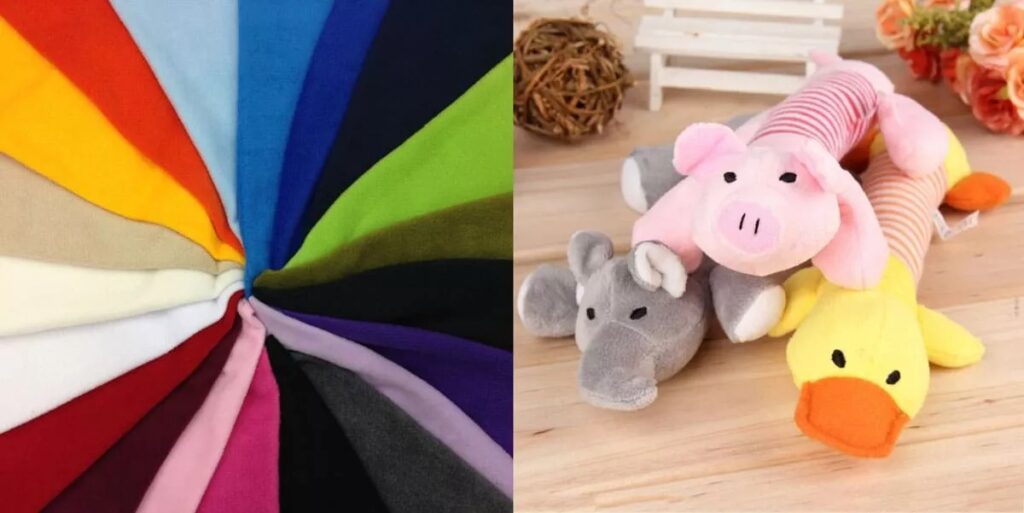
Premium fabrics like minky or organic cotton cost more but add value through superior softness and eco-friendly appeal. Manufacturers must balance material cost with the target market and pricing strategy.
Higher fabric costs can be offset by positioning products as luxury or specialty items, while standard fabrics support affordable, mass-market lines.
- Material Prices: Premium fabrics can cost two to five times more than basic polyester options.
- Production Time: Some fabrics require more careful handling, increasing labor costs.
- Market Fit: Luxury markets expect and tolerate higher costs for better quality.
| Fabric Type | Price Range* | Value Proposition |
|---|---|---|
| Velboa | $5 – $8 per yard | Reliable quality, budget-friendly |
| Minky | $10 – $15 per yard | Superior softness and feel |
| Organic Cotton Blend | $12 – $18 per yard | Eco-conscious premium choice |
- Prices vary by region and supplier.
6.How are sustainable and eco-friendly fabrics changing the plush toy industry?
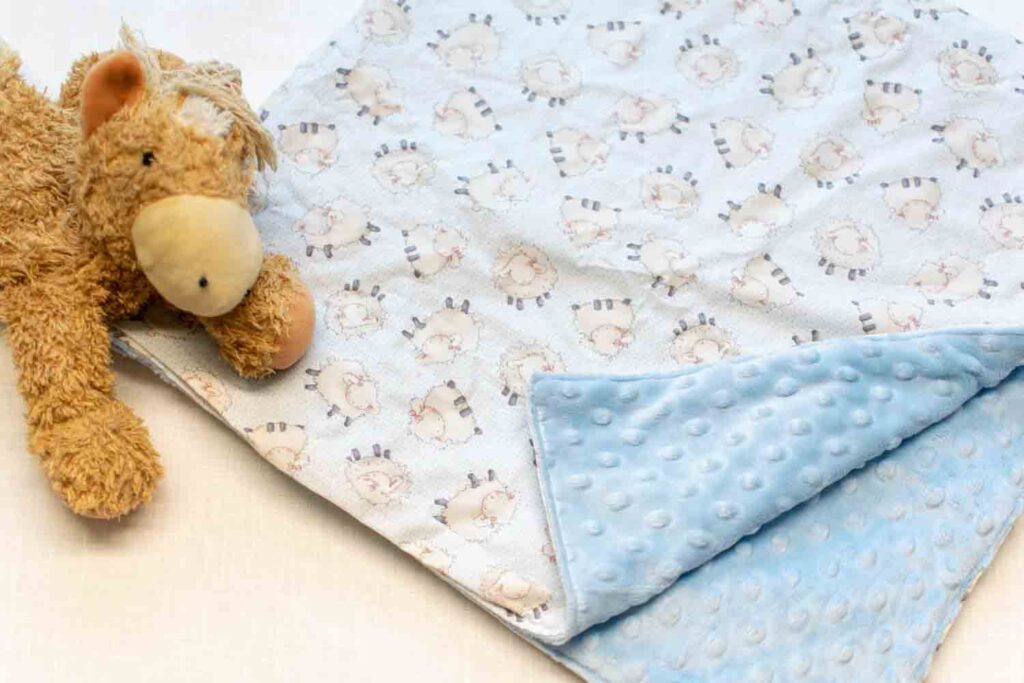
Sustainability is becoming a top priority. More manufacturers use recycled polyester, organic cotton, and water-saving dye techniques to meet consumer and regulatory demands.
Eco-friendly fabrics appeal to conscious buyers and help brands reduce environmental impact while maintaining plush quality and safety.
- Recycled Polyester: Made from recycled plastics, reducing landfill waste.
- Organic Cotton: Grown without pesticides, kinder to the environment and skin.
- Low-impact Dyeing: Uses less water and chemicals to reduce pollution.
- Certifications: OEKO-TEX and GOTS labels prove safety and eco-friendliness.
| Sustainability Factor | Environmental Benefit | Market Benefit |
|---|---|---|
| Recycled fibers | Less plastic pollution | Appeals to green consumers |
| Organic fibers | Healthier soil & water | Premium brand positioning |
| Eco-friendly dyes | Reduced chemical use | Compliance with regulations |
| Certification | Verified claims | Builds consumer trust |
Sustainable fabrics are reshaping how plush toys are made and sold.
Conclusion
Choosing the right soft fabric shapes plush dolls’ comfort, safety, customization, cost, and sustainability—key for winning today’s market.
For expert plush doll fabric sourcing and production support, contact [email protected] or visit Kinwin Plush Toys.

